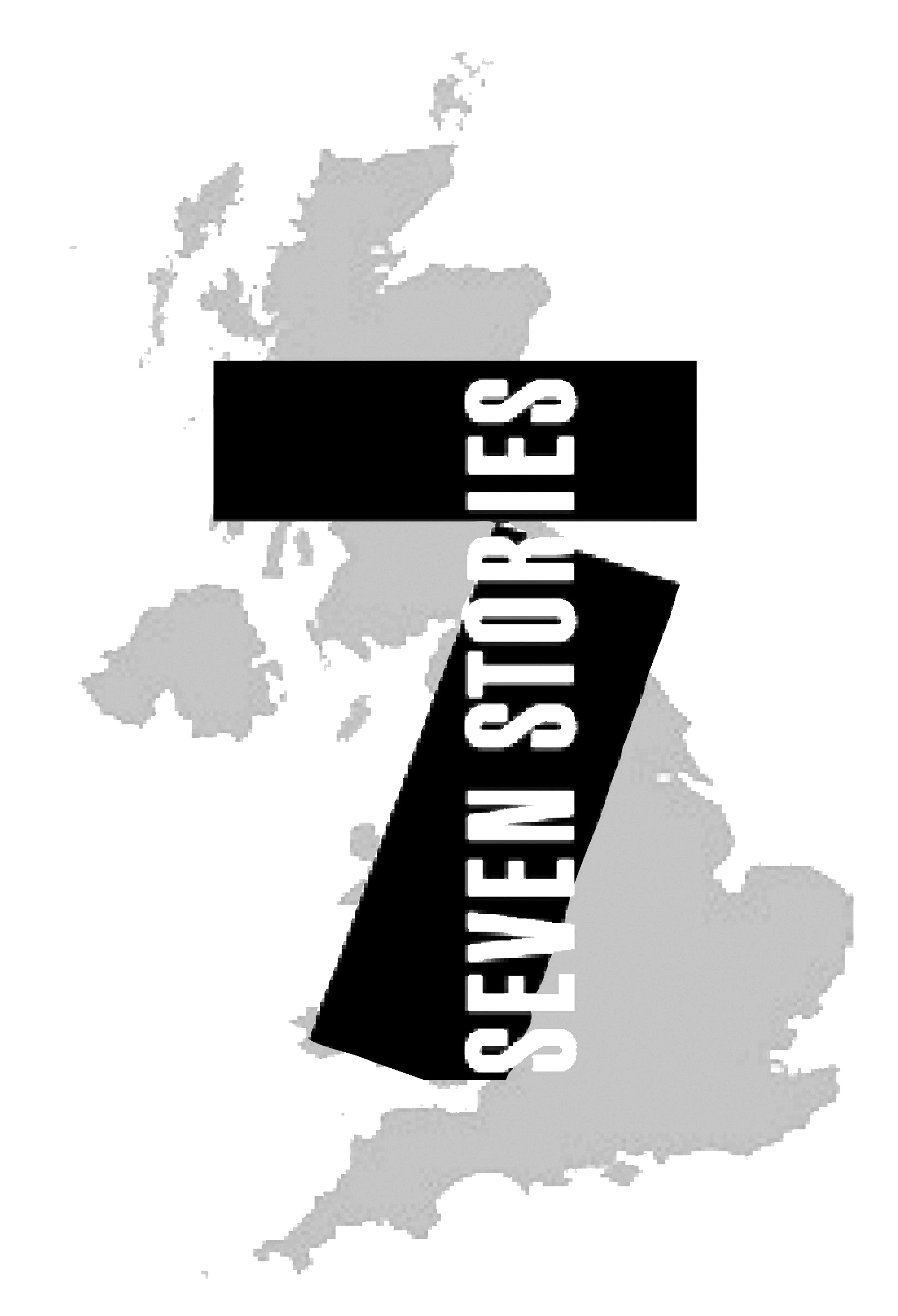The Censor's Notebook
A fascinating narrative of life in communist Romania, and a thought-provoking meditation on the nature of literature and censorship.
The Censor’s Notebook opens with an exchange of letters between “Liliana Corobca” and Emilia Codrescu, long the female chief of the Secret Documents Office in Romania’s feared State Directorate of Media and Printing—the government branch responsible for Censorship. Codrescu had been responsible for the burning and shredding of the censors’ notebooks, viewed as State secrets but prior to fleeing the country in 1974 she had stolen one such notebook.
Now, forty years later, she makes the notebook available to Liliana for the newly instituted Museum of Communism. The work of a censor—a job about which it is forbidden to talk—is revealed in this notebook, which discloses not only the structures of the institution of censorship but also the life behind the scenes for one of those deciding the fate of books, with their distress, outrage, humor and guilt. It’s just five months in the life of censor Filofteia Moldovean, but they are so tightly packed with events that they give a sense of this mysterious institution as a world unto itself.
Professional readers and ideological error hunters, beset with hundreds of manuscripts, strict deadlines, and threatening penalties, the censors lose their identity, and, often frazzled by neuroses and other illnesses, seek healing, sometimes through writing. The Censor’s Notebook is a window into the intimate workings of censorship under communism, steeped in mystery and secrets and lies, confirming the power of literature to capture personal and political truths.
"Below the humorous surface The Censor’s Notebook is a complex, multilayered and multidimensional novel in which fact and fiction are cleverly entwined". —Costica Bradatan, Times Literary Supplement
“Corobca’s novel should not be categorized as eastern European interest or communist history, but as an object lesson for our increasingly complex information age.”—Matthew Janney, Financial Times
"Offers an immersive experience into a polyphony of voices." —Barbora Černušáková, Litro Magazine





